 Baking Soda for Autoimmune Disease (starts at 1:00) Georgia Medical College researcher Paul O’Connor reports that a small amount of baking soda in water, for two weeks, shifts the immune cell known as macrophage away from “attack” mode and more toward, “repair” mode. He says this research comes, in part, from studies involving the benefits of baking soda for people whose kidneys are stressed and failing. There’s more research ahead, but O’Connor suspects that someday, these findings might mean that baking soda becomes a safe part of calming down an autoimmune disease attack.
Baking Soda for Autoimmune Disease (starts at 1:00) Georgia Medical College researcher Paul O’Connor reports that a small amount of baking soda in water, for two weeks, shifts the immune cell known as macrophage away from “attack” mode and more toward, “repair” mode. He says this research comes, in part, from studies involving the benefits of baking soda for people whose kidneys are stressed and failing. There’s more research ahead, but O’Connor suspects that someday, these findings might mean that baking soda becomes a safe part of calming down an autoimmune disease attack.
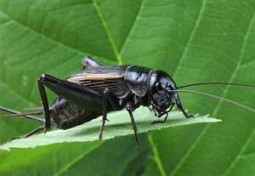 Crickets for the Gut (starts 10:25) New research from Colorado State University reveals that adding just a few teaspoons of cricket powder to a milkshake, or to a muffin, may reduce an inflammatory marker in the blood and increase levels of an intestinal microbe that is known for reducing the chance of a leaky gut that can lead to excess inflammation. The leader of this cricket powder study CSU Department of Food Science and Human Nutrition professor Tiffany Weir.
Crickets for the Gut (starts 10:25) New research from Colorado State University reveals that adding just a few teaspoons of cricket powder to a milkshake, or to a muffin, may reduce an inflammatory marker in the blood and increase levels of an intestinal microbe that is known for reducing the chance of a leaky gut that can lead to excess inflammation. The leader of this cricket powder study CSU Department of Food Science and Human Nutrition professor Tiffany Weir.
See other related features in our Our Microbes, Ourselves series.
Host, Producer and Engineer: Shelley Schlender
Executive Producer: Susan Moran
Listen to the show here:
Podcast: Play in new window | Download (Duration: 27:45 — 51.3MB)
Subscribe: RSS

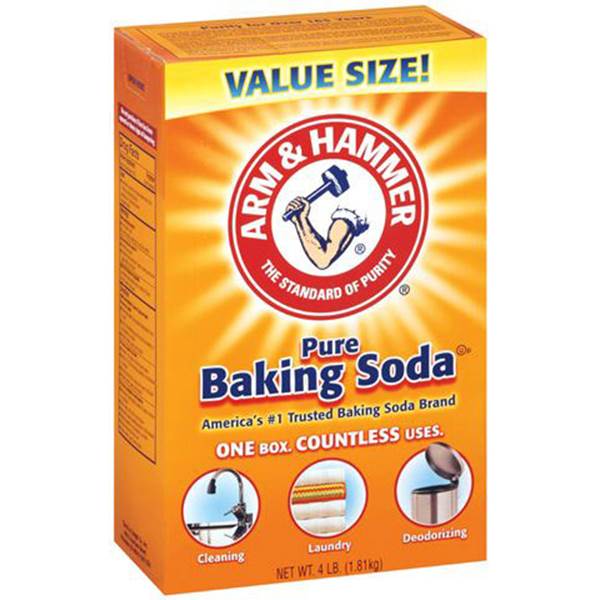


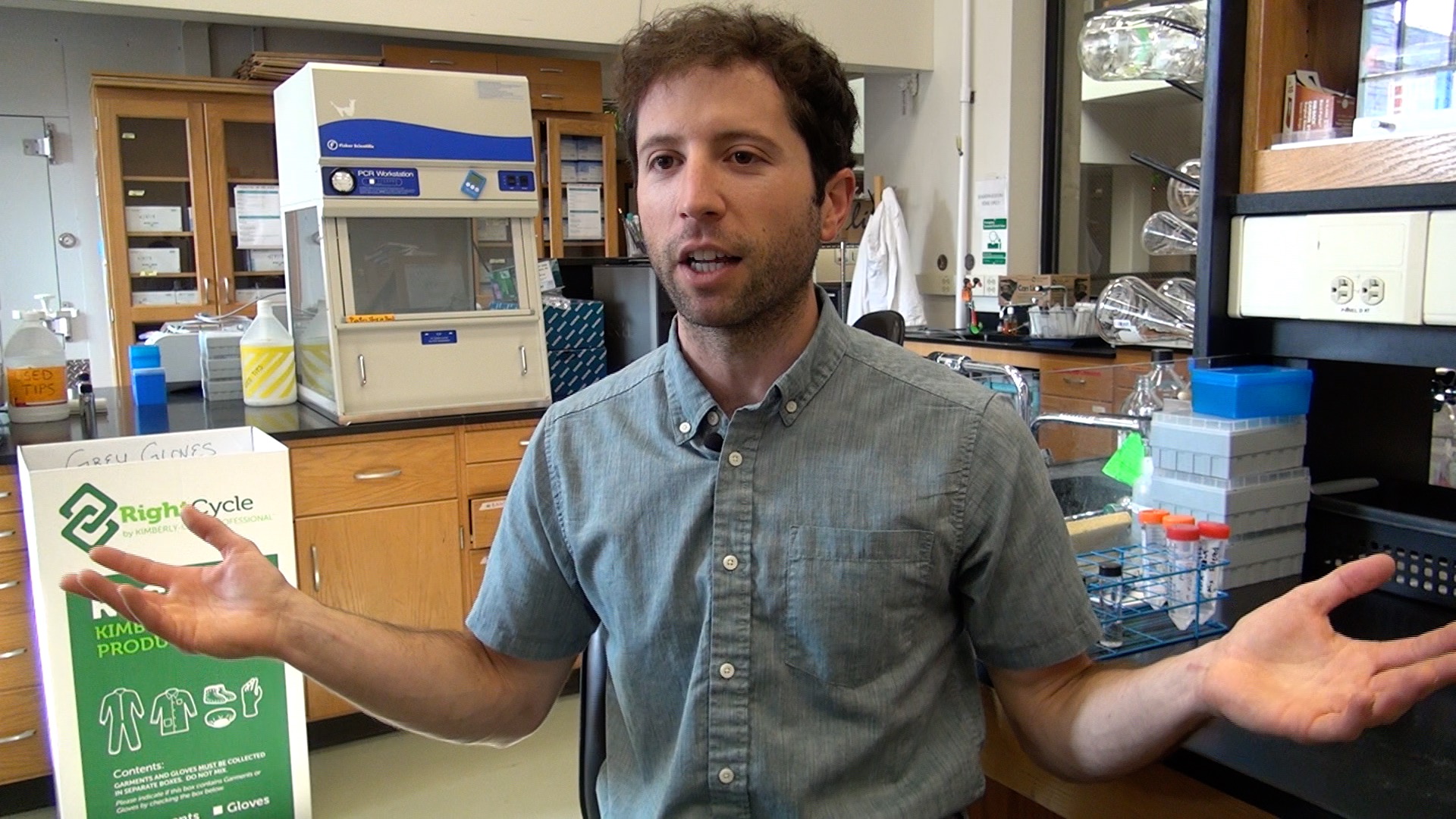

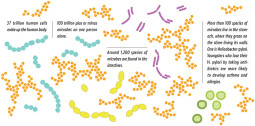
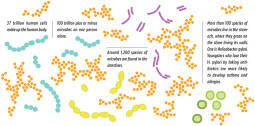 This week on How on Earth, Beth interviews Dr Martin Blaser of New York University who challenges the assumption that antibiotics are harmless drugs targeting only harmful pathogens. In his recent book, Missing Microbes, Blaser presents the evidence that antibiotics are causing the extinction of important bacteria in our microbiome. These microbes have co-evolved with us, so losing them puts us at risk of many of the rising diseases of our society: asthma, allergies, eczema and obesity. Check out his book:
This week on How on Earth, Beth interviews Dr Martin Blaser of New York University who challenges the assumption that antibiotics are harmless drugs targeting only harmful pathogens. In his recent book, Missing Microbes, Blaser presents the evidence that antibiotics are causing the extinction of important bacteria in our microbiome. These microbes have co-evolved with us, so losing them puts us at risk of many of the rising diseases of our society: asthma, allergies, eczema and obesity. Check out his book: 

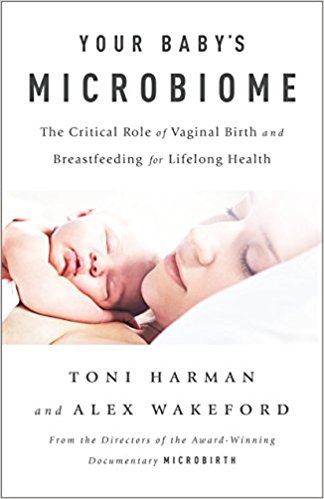
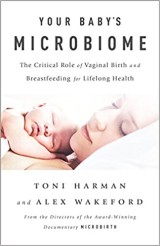 Your Baby’s Microbiome (start time 6:13): This week on How on Earth Beth Bennett interviews Toni Harmon, author of
Your Baby’s Microbiome (start time 6:13): This week on How on Earth Beth Bennett interviews Toni Harmon, author of 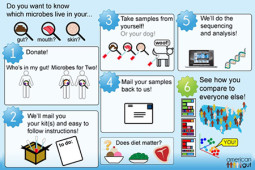
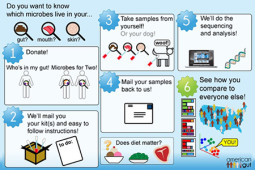 The American Gut project is the largest crowd-sourced project ever: to date, over 80.000 participants have contributed fecal, skin, or oral samples. The ambitious goal is to characterize the microbiota of as many individuals as possible to identify the diverse species living in and on us. Beth interviews Dr Embrietta Hyde, Project Manager of the Gut project about results and progess.
The American Gut project is the largest crowd-sourced project ever: to date, over 80.000 participants have contributed fecal, skin, or oral samples. The ambitious goal is to characterize the microbiota of as many individuals as possible to identify the diverse species living in and on us. Beth interviews Dr Embrietta Hyde, Project Manager of the Gut project about results and progess.
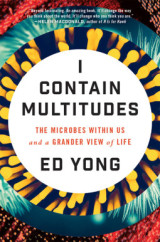 Multitudes of Microbes (start time: 3:38): You may find it unsettling to learn that our human cells make up only half of our bodies. The other half is a bunch of microbes (in the neighborhood of 40 trillion), all living and reproducing in, and on, our bodies. What’s more, these invisible machines could have a powerful influence on your brain, and on your overall health.
Multitudes of Microbes (start time: 3:38): You may find it unsettling to learn that our human cells make up only half of our bodies. The other half is a bunch of microbes (in the neighborhood of 40 trillion), all living and reproducing in, and on, our bodies. What’s more, these invisible machines could have a powerful influence on your brain, and on your overall health. 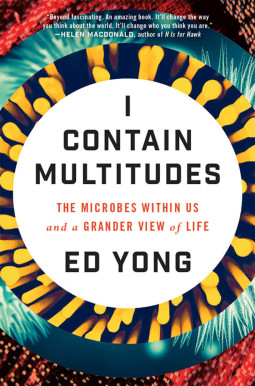 This week’s pledge- drive show features a teaser introduction to Ed Yong’s new book
This week’s pledge- drive show features a teaser introduction to Ed Yong’s new book 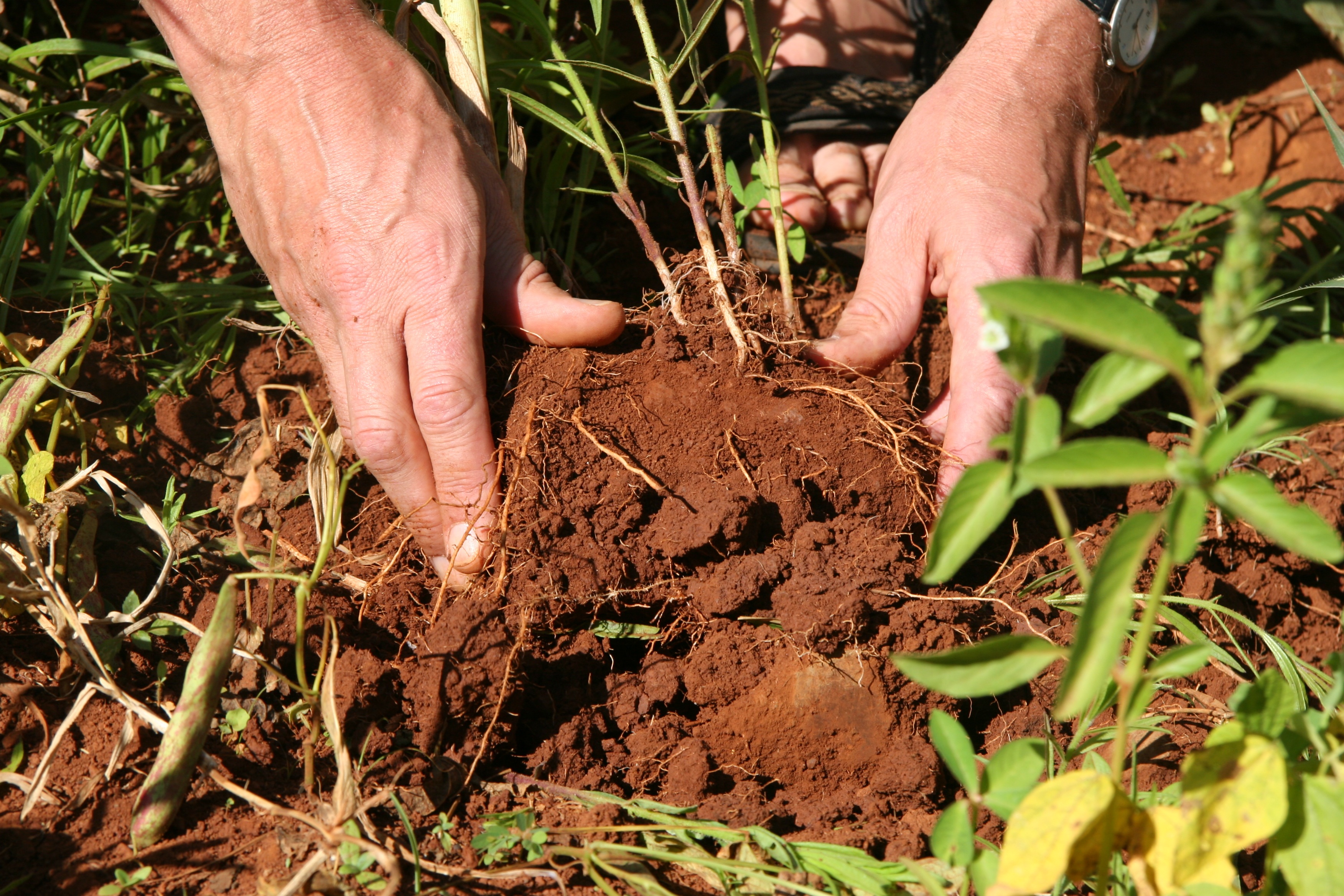
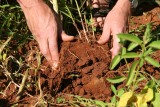
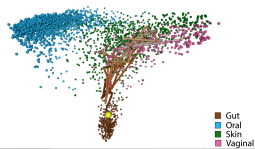
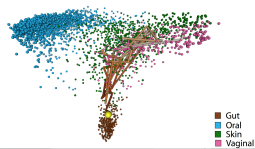 Using the Microbiome to Determine Time of Death (starts at 5:40): This week on How on Earth, we speak with
Using the Microbiome to Determine Time of Death (starts at 5:40): This week on How on Earth, we speak with